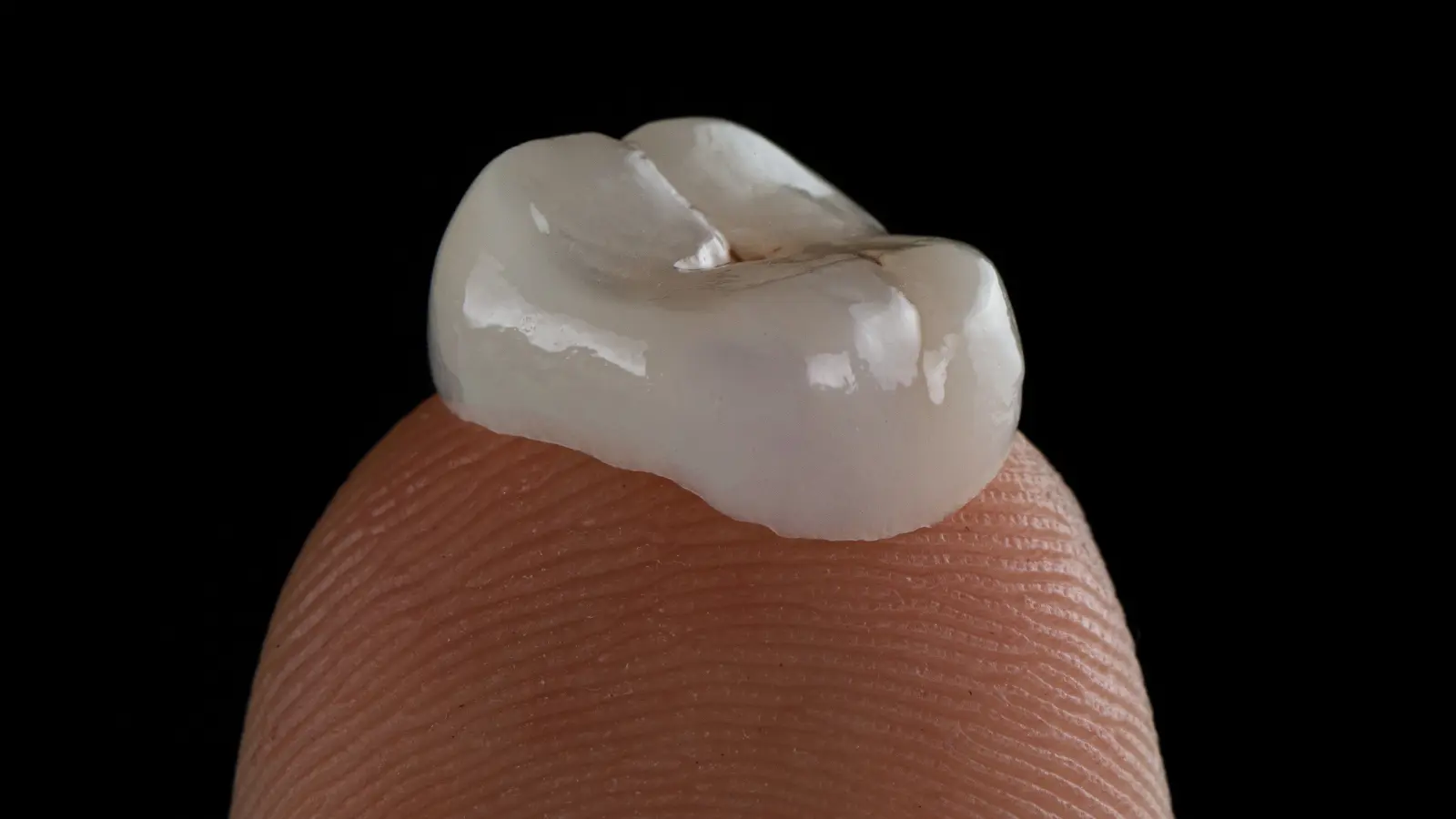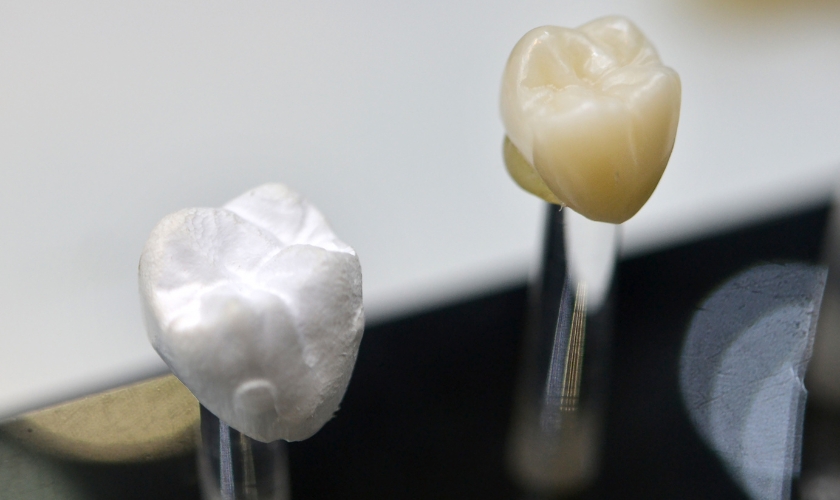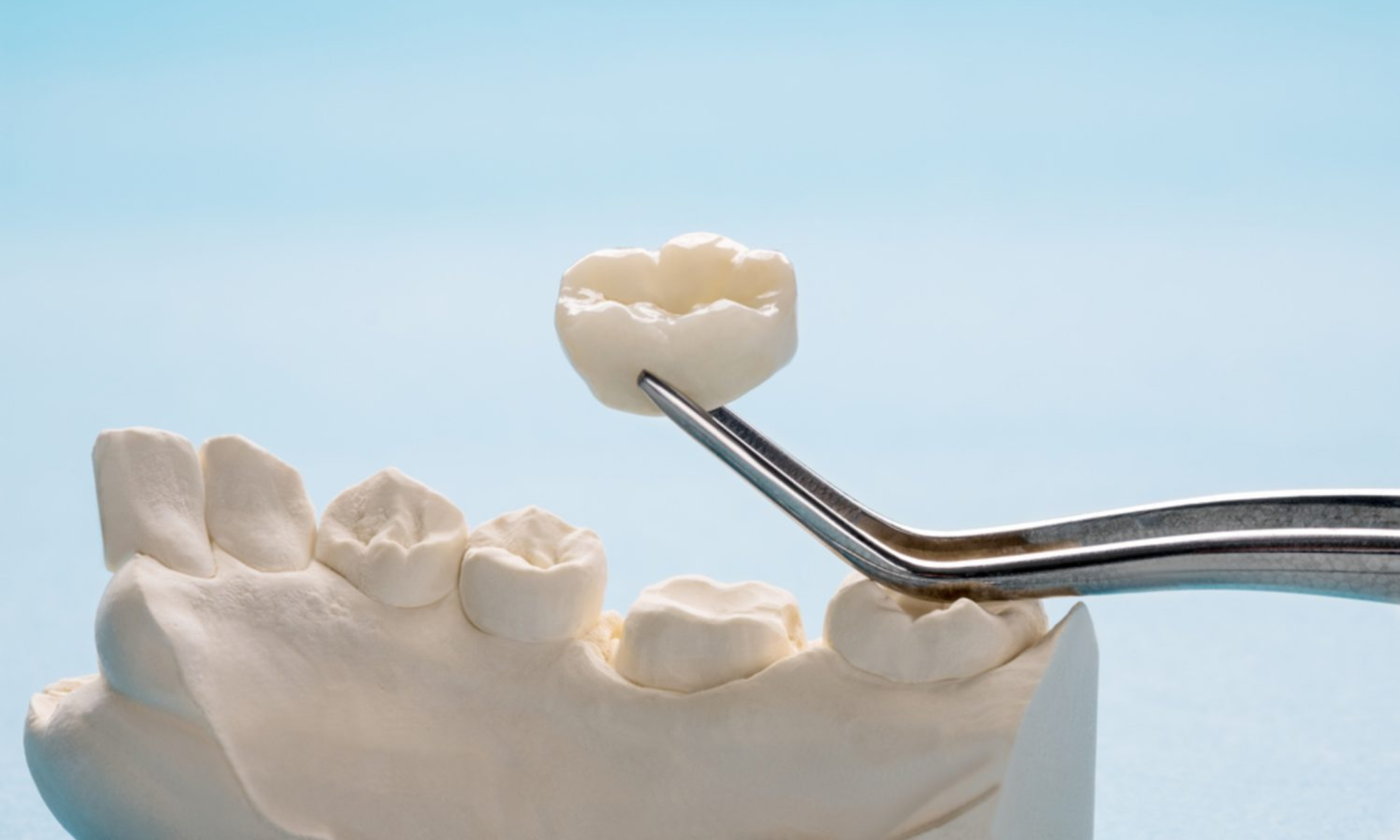What Are Dental Crowns? The Pros and Cons

Welcome to our comprehensive guide on dental crowns. We’ll explore everything you need to know about dental crowns, from the basics to the detailed nitty-gritty. This guide aims to be your one-stop resource, offering valuable facts, actionable tips, and insider knowledge. So, let’s dive right in.
What Are Dental Crowns?
Dental crowns, also known as caps, are prosthetic devices cemented onto existing teeth or implants. They serve multiple purposes, including restoring a tooth’s shape, size, strength, and appearance. Crowns are typically used to protect weak teeth, restore broken teeth, cover dental implants, or improve cosmetic appearance.
Types of Dental Crowns
There are several types of dental crowns, each with its own set of advantages and disadvantages:
- Porcelain Crowns: Known for their natural appearance, porcelain crowns are famous for front teeth. However, they may not be as durable as other types.
- Metal Crowns: These crowns are incredibly durable and ideal for molars that undergo significant pressure from chewing. However, they may not be aesthetically pleasing.
- Porcelain-Fused-to-Metal (PFM) Crowns: These offer a balance between durability and aesthetics, making them a versatile option.
- Ceramic Crowns: Similar to porcelain, ceramic crowns are used for front teeth and are more aesthetically pleasing.
- Resin Crowns: These are generally less expensive but can wear down over time.
The Dental Crown Procedure
Understanding what to expect during the dental crown procedure can ease any anxiety. Here’s a step-by-step guide:
- Initial Consultation: Your dentist will examine your teeth and discuss your options. X-rays may be taken to assess the underlying tooth structure.
- Tooth Preparation: The tooth receiving the crown is filed down to make room for the crown. The amount removed depends on the type of crown.
- Impression Making: An impression of your trimmed tooth is taken to create a mold. This ensures a perfect fit for your crown.
- Temporary Crown: A temporary crown is placed to protect the tooth while the permanent crown is being made.
- Crown Placement: Once the permanent crown is ready, the temporary one is removed, and the new crown is cemented into place.
Personal Experience: A Patient’s Perspective
Sarah, a resident of Tustin, CA, shares her experience:
“I was really nervous about getting a dental crown, but Dr. Desai at Larwin Square Dentistry Tustin made the whole process smooth. The initial consultation was thorough, and I felt well-informed about my options. The temporary crown was a bit uncomfortable, but once the permanent crown was placed, it felt just like my natural tooth. The entire team was fantastic, and I couldn’t be happier with the result.”
Pros of Dental Crowns
Dental crowns offer several benefits:
- Aesthetic Improvement: Crowns can significantly enhance the appearance of damaged or discolored teeth.
- Durability: With proper care, dental crowns can last between 10 to 15 years.
- Functionality: Crowns restore the functionality of teeth, allowing you to chew and speak normally.
- Protection: Crowns protect weak or cracked teeth from further damage.
Cons of Dental Crowns
Despite their benefits, dental crowns have some drawbacks:
- Cost: Depending on the material and many other metrics, dental crowns can be expensive, ranging from $800 to $3,000 per tooth.
- Sensitivity: Some patients experience sensitivity to hot and cold after crown placement.
- Potential for Damage: Crowns can chip or become loose over time, requiring replacement.
- Allergic Reactions: Although rare, some people may have allergic reactions to the materials used in crowns.
Facts and Figures
Let’s look at some interesting facts and figures about dental crowns:
- Prevalence: According to the American Dental Association (ADA), over 15 million Americans have crowns or bridges.
- Success Rate: The success rate for dental crowns is over 90%, making them a reliable solution for dental restoration.
- Longevity: Studies show that with proper care, over 85% of crowns last for more than 10 years.
Tips for a Smooth Treatment Process
To ensure a smooth and successful dental crown treatment, consider these tips:
- Choose a Qualified Dentist: Look for a reputable dentist in Tustin with experience in dental crown procedures. Dr. Desai at Larwin Square Dentistry Tustin, for instance, comes highly recommended.
- Follow Pre-Procedure Instructions: Your dentist may provide specific instructions to follow before the procedure, such as avoiding certain foods or medications.
- Communicate: Inform your dentist of any allergies, sensitivities, or concerns you may have.
- Post-Procedure Care: Follow your dentist’s aftercare instructions to prevent complications and ensure the longevity of your crown.
Aftercare and Maintenance
Proper aftercare is crucial for the longevity of your dental crown. Here are some maintenance tips:
- Oral Hygiene: Brush and floss regularly to keep your teeth and gums healthy.
- Avoid Hard Foods: Chewing on hard foods like ice or hard candy can damage your crown.
- Regular Check-Ups: Visit your dentist regularly for check-ups and cleanings.
- Address Issues Promptly: If you notice any issues with your crown, such as loosening or chipping, contact your dentist immediately.
What to Expect After Getting a Dental Crown
Post-procedure, it’s normal to experience some discomfort or sensitivity. This should subside within a few days. Over-the-counter pain relievers can help manage any discomfort. If pain persists, consult your dentist as it could indicate an issue with the crown.
Localized Care in Tustin, CA
For residents of Tustin, CA, finding a skilled dentist for your dental crown procedure is essential. Local dentists are familiar with the specific needs and expectations of the community, ensuring personalized care.
Conclusion
Dental crowns are a versatile and effective solution for various dental issues. They offer aesthetic and functional benefits, enhancing your overall oral health. While there are some drawbacks to consider, the pros often outweigh the cons. By choosing a qualified dentist in Tustin and following proper aftercare, you can enjoy the benefits of your dental crown for many years.


